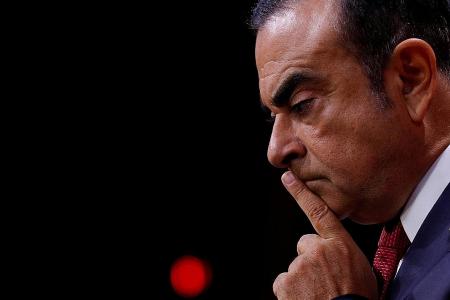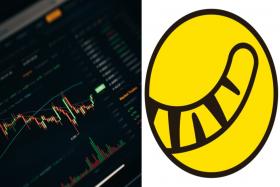Many unanswered questions in Carlos Ghosn’s fall
Nissan's board of directors need to answer critical questions on governance over the Carlos Ghosn case
As investigations continue and mounting evidence of financial improprieties are being pieced together, questions swirl around the drastic fall of Nissan's ex-chairman Carlos Ghosn.
What led the man nicknamed "Le Cost Killer," worshipped like royalty in the auto industry, to allegedly commit career ending lapses?
A Forbes article penned in 2013 by Tom Eisenmann is an eye opener. He describes ego and arrogance in entrepreneurship: "It's all in the founder's head, the drive to build something great, the resilience to dust yourself off when you repeatedly get knocked down... but inside a founder's head may also be delusional arrogance, an overly impulsive 'ready-fire-aim' bias for action; a preoccupation with control; fear of failure; and self-doubt."
When the leader fails to recognise it in himself, admit to it, or take steps to correct it, arrogance can demoralise his workforce and undermine the success of his business. It is dangerous because it can lead to making flawed and unplanned decisions.
And in Ghosn's case, he manifested these disorders so the hard fall was just a matter of time.
Personally, what was unclear to me was the role of the Nissan Motors Board of Directors.
With their oversight powers, why did they allow such impropriety to happen during their watch? Why did they allow their Chairman (Ghosn) to dictate policies contrary to the best interest of the organisation?
Where was the RC (Remuneration Committee) when all of these indiscretions were happening?
In my experience and culling from my SID (Singapore Institute of Directors) handbook, the RC has a clear mandate on anything related to compensation governance, plans, compliance and disclosures.
As a director in listed companies, I am interested to know the roles of both the Audit and the Corporate Governance Committees.
Did they raise objections in the purchase of luxury homes in Beirut where Nissan has zero or minimal presence? In short, did these committees flag decisions that were detrimental to the organisation?
There are critical questions on governance that have remained unanswered particularly for a multinational giant like Nissan known for layers of protocols and controls.
For any board director, controlling or nominee, the fiduciary mandate is crystal clear… the appointment is clothed with a powerful duty: Single minded loyalty to the company.
In my years advocating corporate governance in company boards, I found it very challenging to impose governance on family-owned businesses.
In most cases, the founder's bias towards stewardship is noticeable but on the other hand they generously reward family members and loyal non-family executives with compensation way beyond their pay grade.
This practice is a double edged sword (leading to entitlement and excessive pride) as it reinforces a debilitating disorder commonly referred to as "owner mindset" arrogance.
And with all the power and accolades heaped on the leader, hubris will naturally enchant them, not with the image of another, but with a perfect image of themselves.
It is a monster that sits by their ear, whispering praises of their accomplishments and ignoring their faults.
With a looming conviction and a possible jail sentence of up to 10 years, Ghosn may have many years of solitude in a cell that has nothing but a bed, toilet and a knob-less door with an iron-barred window.
Prof Enrique Soriano is a World Bank/IFC Governance Consultant, Senior Adviser of Post and Powell Singapore and the Executive Director of Wong + Bernstein.
Get The New Paper on your phone with the free TNP app. Download from the Apple App Store or Google Play Store now


